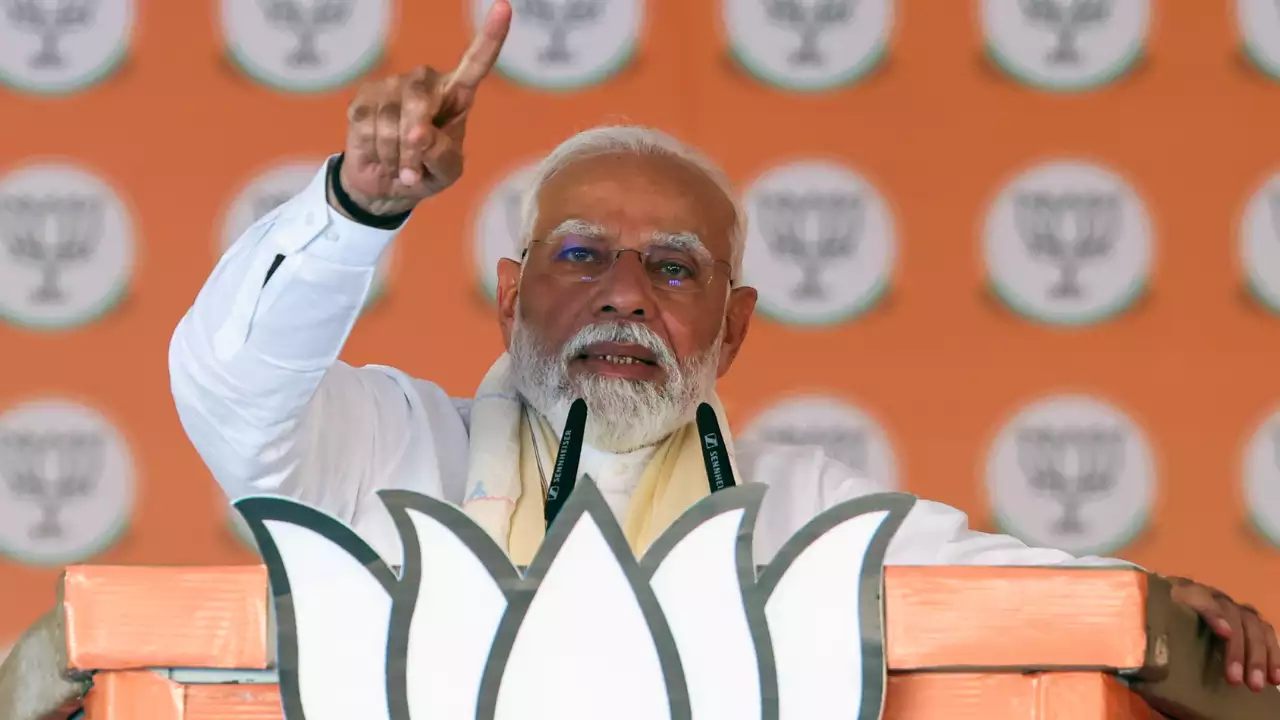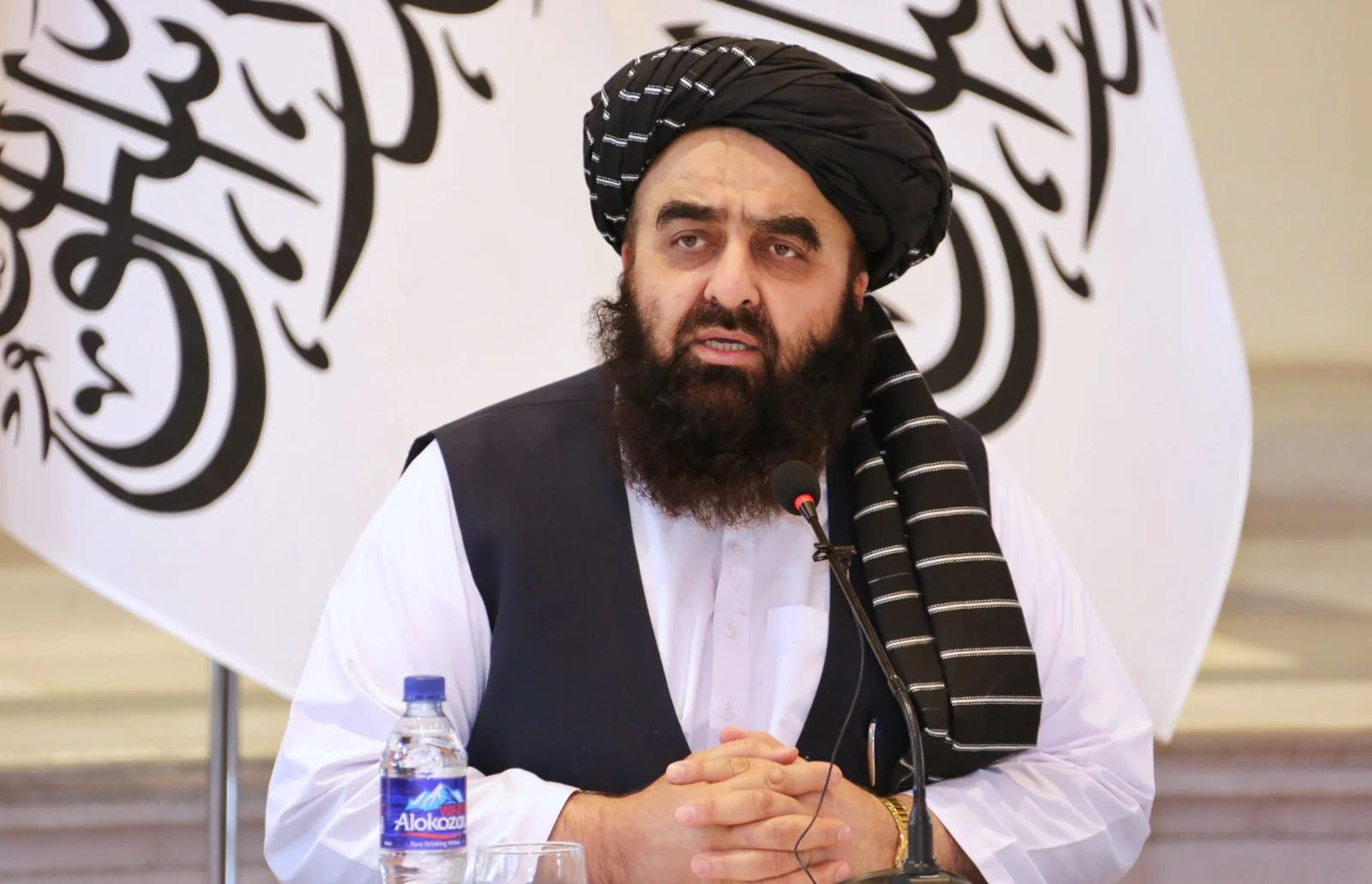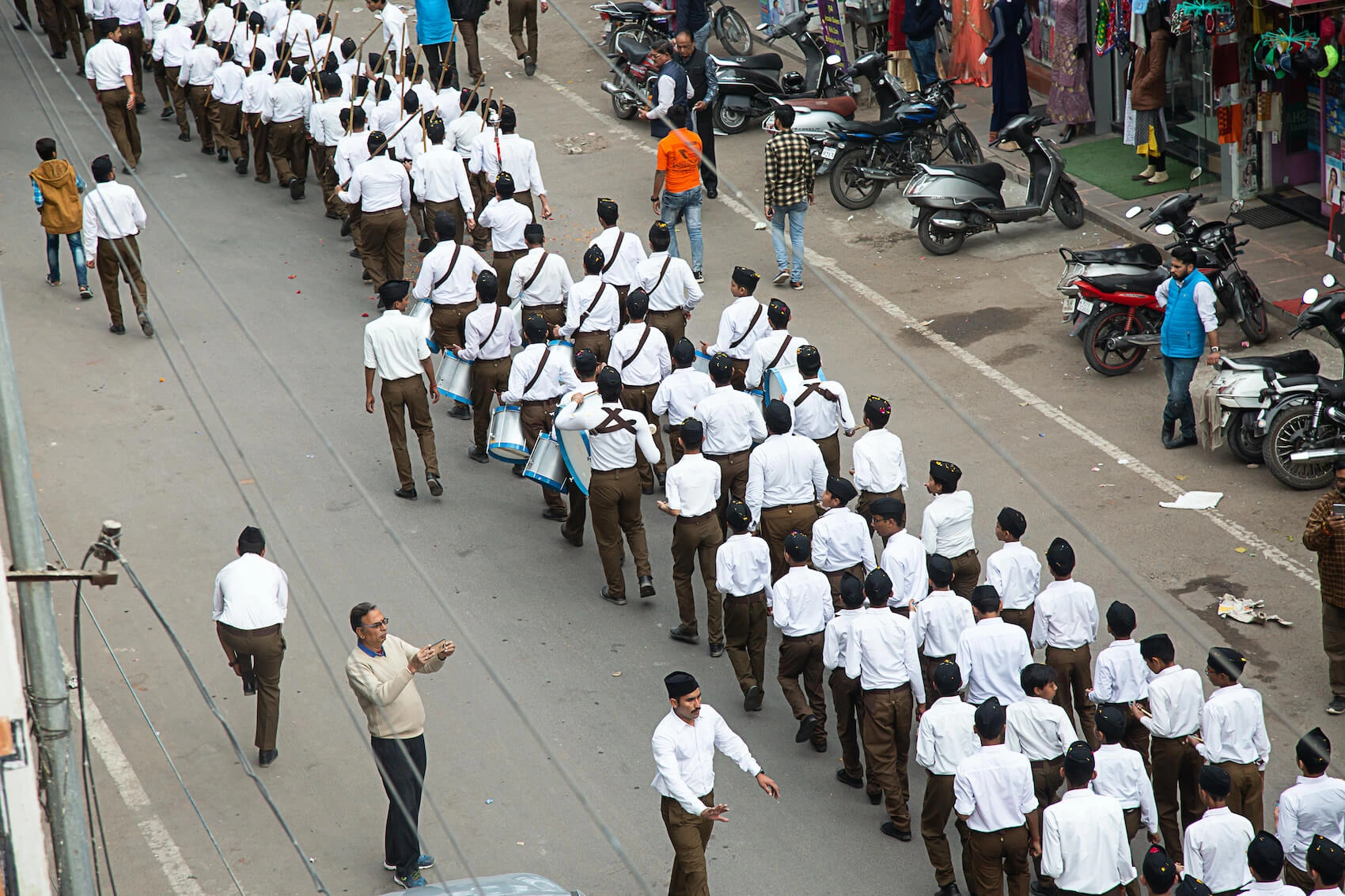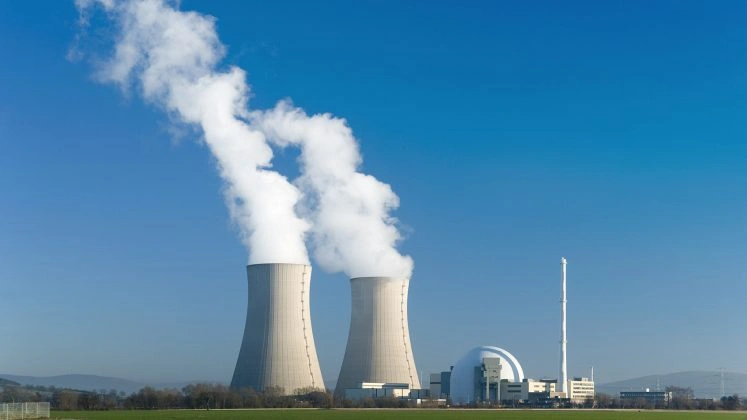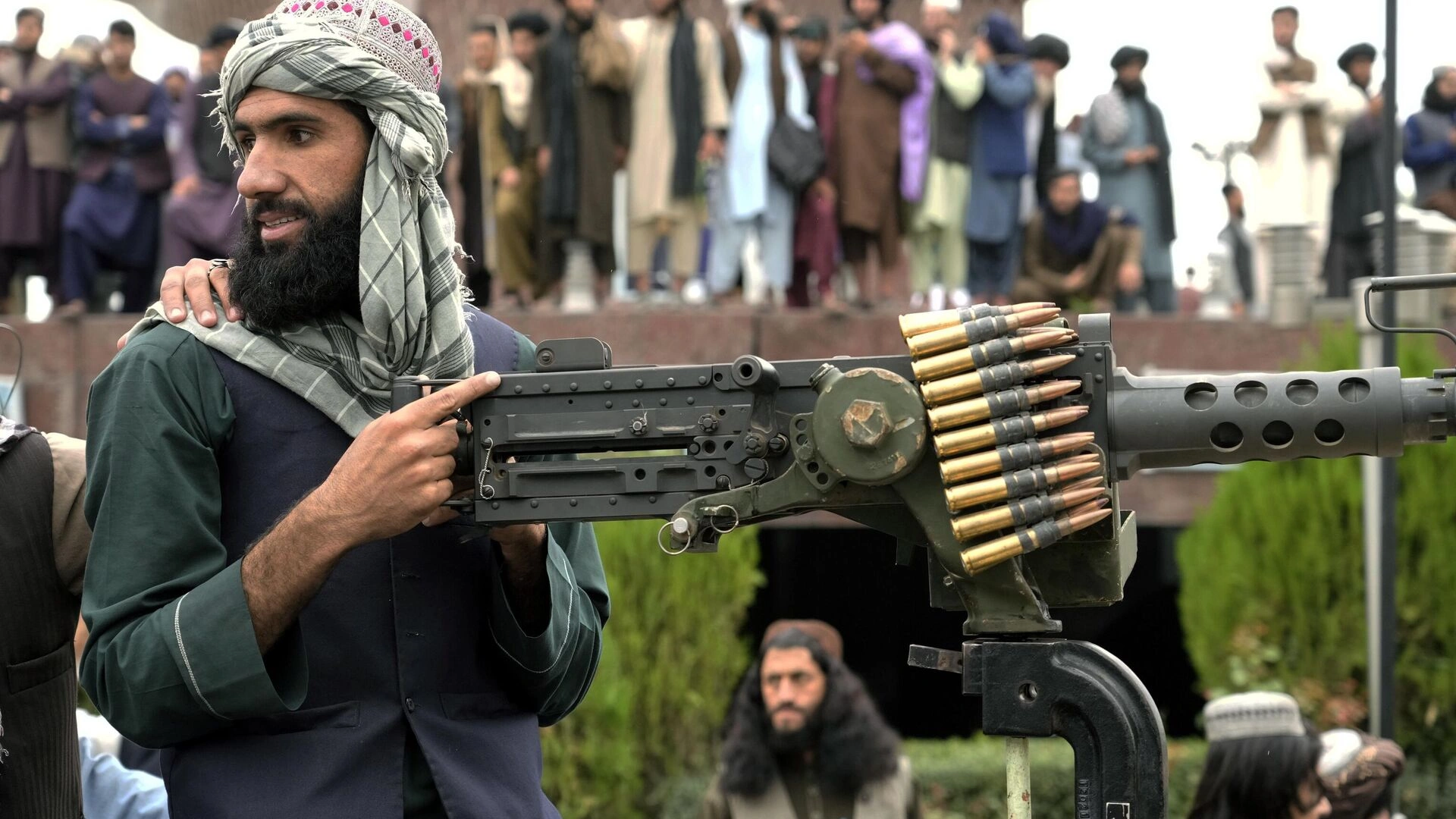Indian Prime Minister Narendra Modi Criticizes Global Governance of institutions for failing to address the world’s biggest challenges, calling for countries to find common ground on divisive issues at the G20 foreign ministers’ meeting in New Delhi.
Indian Prime Minister Narendra Modi Criticizes Global Governance of institutions for failing to address the world’s biggest challenges, calling on countries to find common ground on divisive issues.
Speaking at the opening of the Group of 20 (G20) foreign ministers’ meeting in New Delhi on Thursday, Modi said that countries should acknowledge that multilateralism is currently “in crisis”.
“The experience of the last few years – financial crisis, climate change, pandemic, terrorism and wars – clearly shows that global governance has failed,” Modi said in a recorded statement.
“We should not allow issues that we cannot resolve together to come in the way of those we can,” Modi added.
India holds the G20 presidency this year. But New Delhi’s longstanding security ties with Moscow have put the host of Thursday’s meeting in an awkward position.
India, being a major buyer of Russian armaments and energy, has not directly condemned Russia’s invasion of Ukraine.
On Wednesday, Indian Foreign Secretary Vinay Kwatra said Russia’s war in Ukraine is expected to be an important point of discussion at the meeting.
New Delhi is also keen to steer the talks towards issues affecting the Global South, such as poverty eradication and climate change.
Delegates from Europe and the United States, however, have reiterated that they hold Russia responsible for the conflict, with Germany saying it would use the meeting to counter Russian “propaganda”.
Speaking on the sidelines of the meeting, Dutch Foreign Minister Wopke Hoekstra told reporters Russia was solely responsible for the war and must continue to be sanctioned.
French Foreign Minister Catherine Colonna also said the G20 must hold Russia accountable for the “negative consequences for almost every country on the planet”.
“We need to deliver solutions that protect the most vulnerable, instead of leaving them to suffer from Russia’s war,” she said.
The New Delhi meeting is being attended by 40 delegations, including those headed by Russian Foreign Minister Sergey Lavrov, US Secretary of State Antony Blinken and Chinese Foreign Minister Qin Gang.
On Wednesday, Blinken said he had no plans to meet either minister. Ties between Washington and Beijing are strained over Ukraine as well as the US shooting down last month of what it said was a Chinese spy balloon that had drifted over North America.
The G20 foreign ministers’ meeting comes after a gathering of finance ministers in Bengaluru last month failed to agree to a joint statement on the war.
At that meeting, Modi called on leading economies to help the world’s most vulnerable people and “bring back stability, confidence and growth to the global economy”.
The lack of consensus at the gathering of finance officials mirrored the outcome of last November’s G20 summit in Bali when host Indonesia released a declaration acknowledging differences between countries.
Source: Al Jazeera

